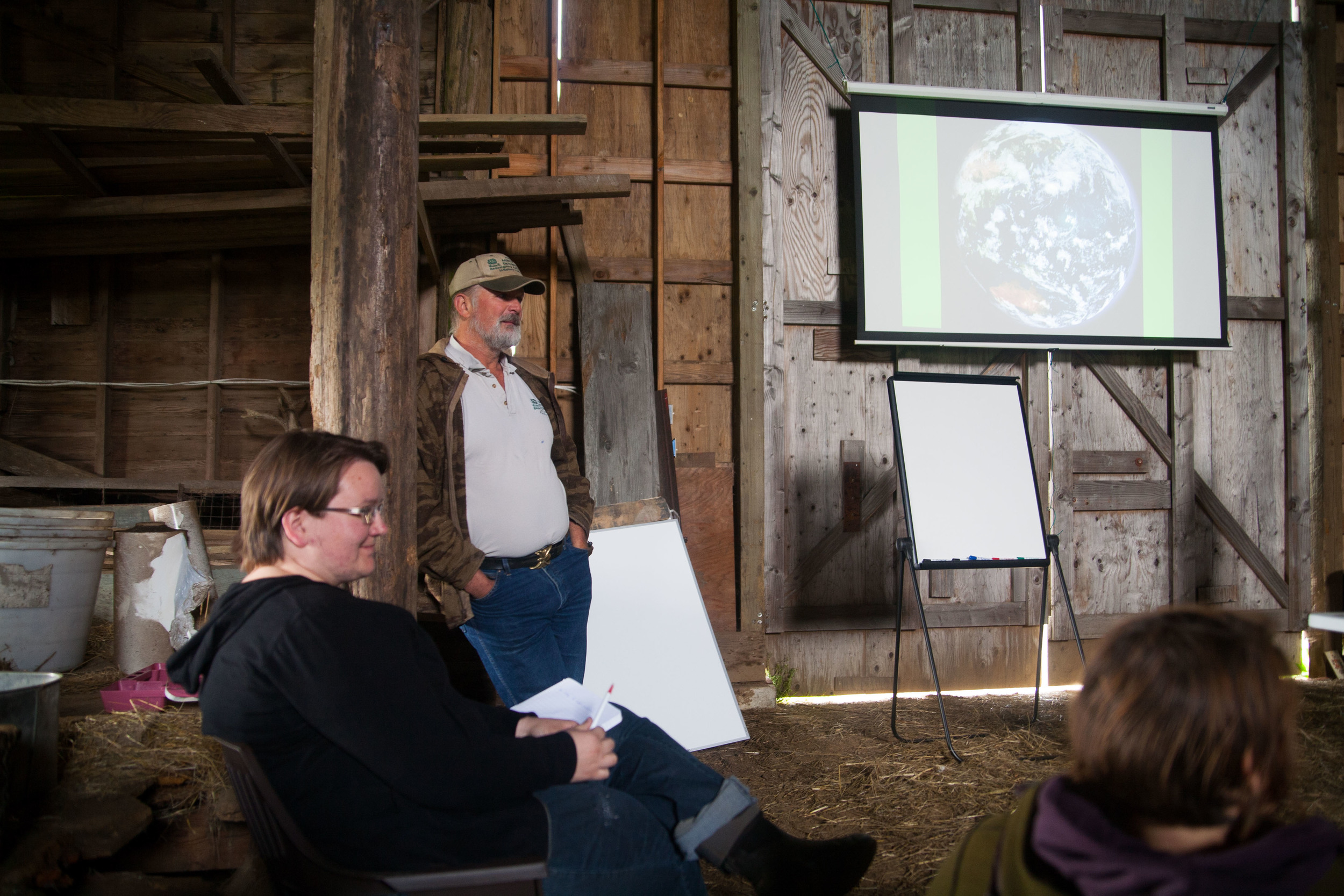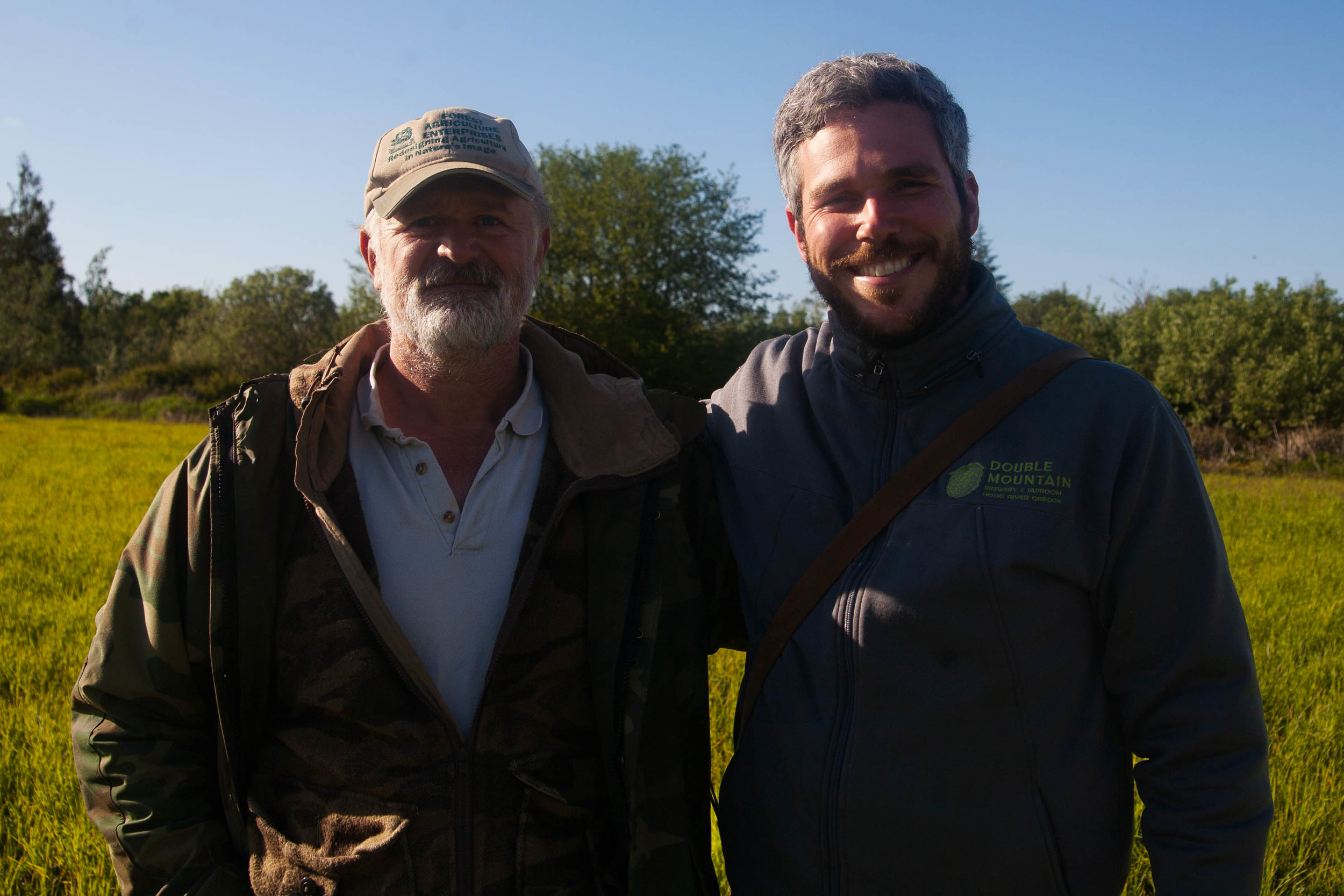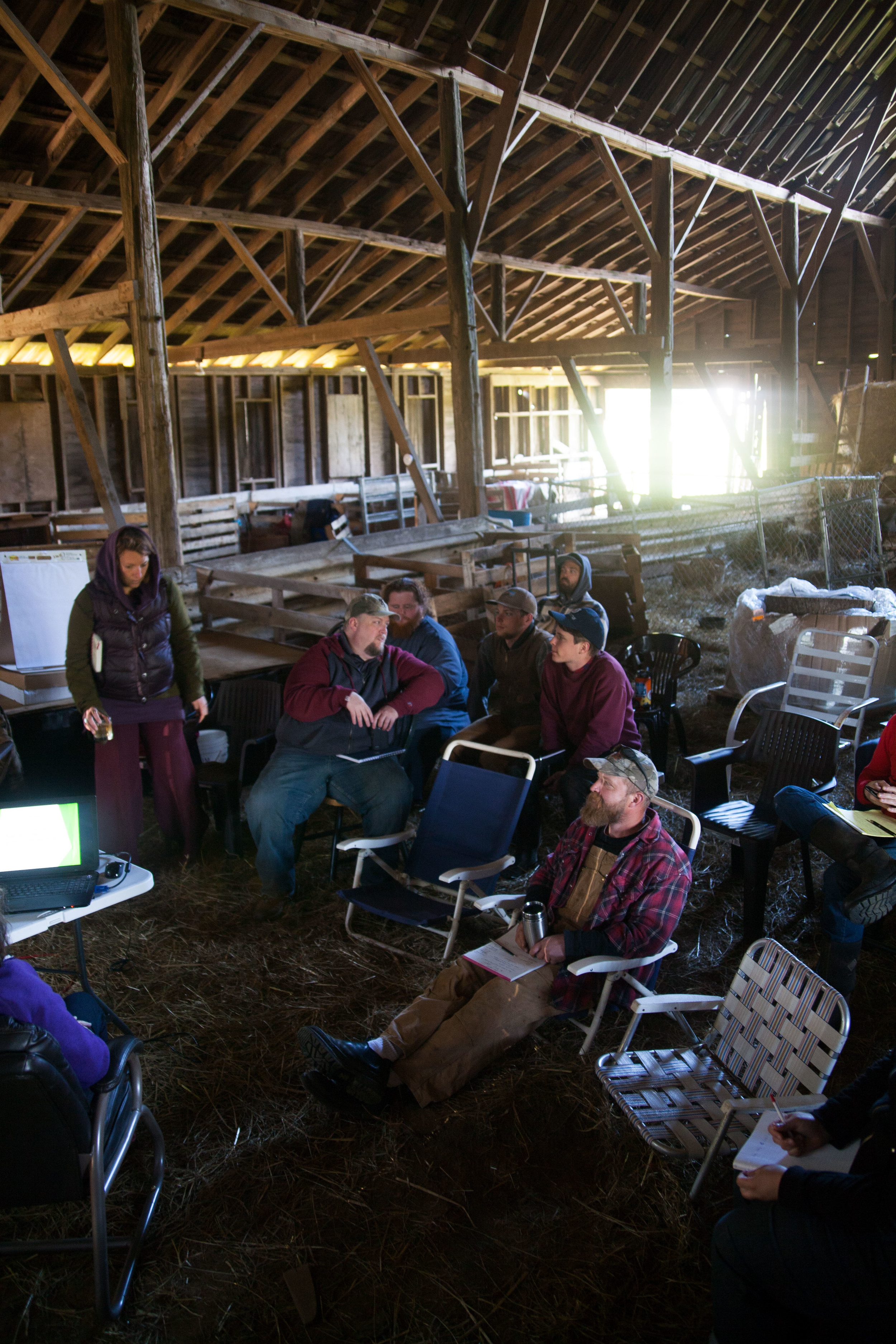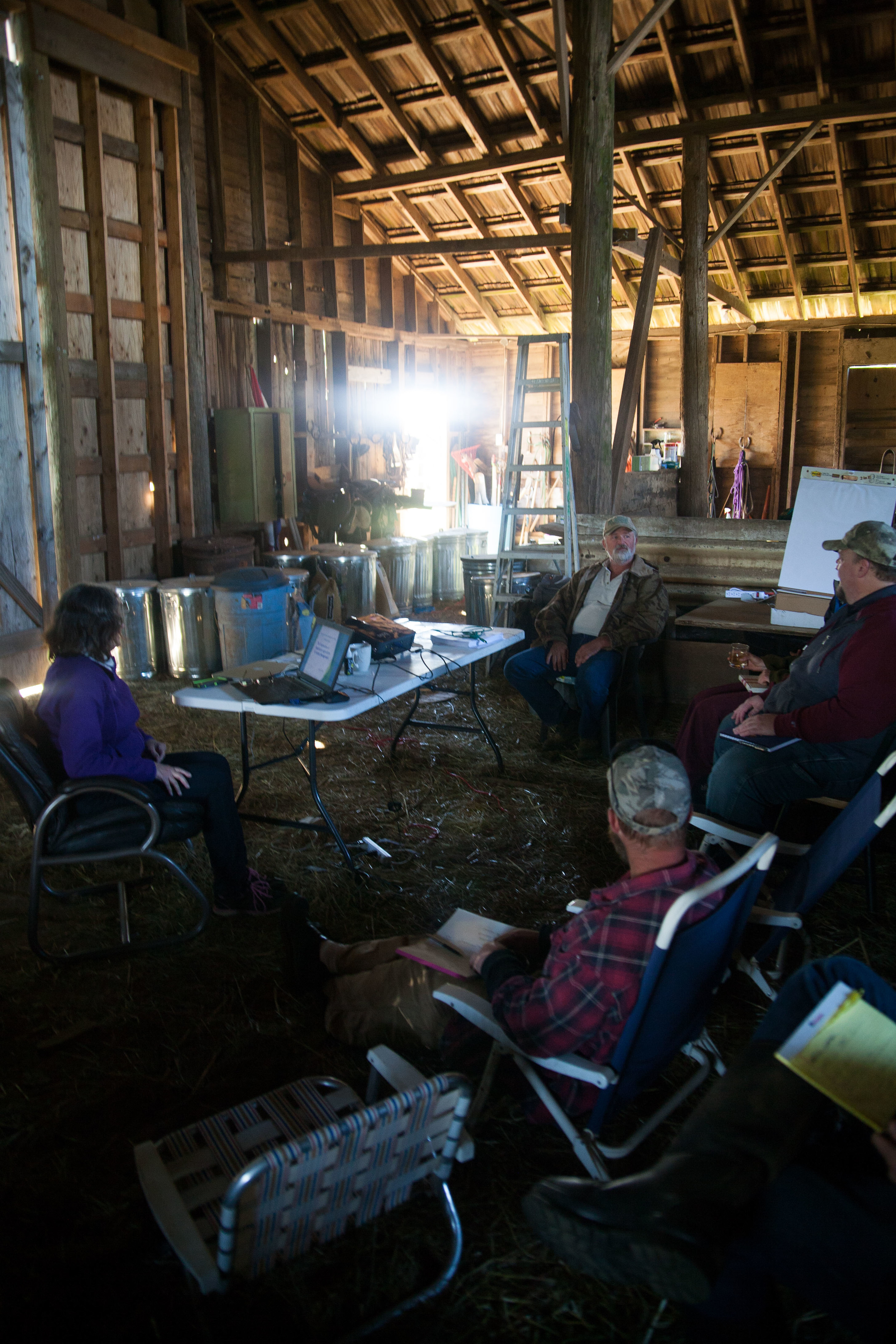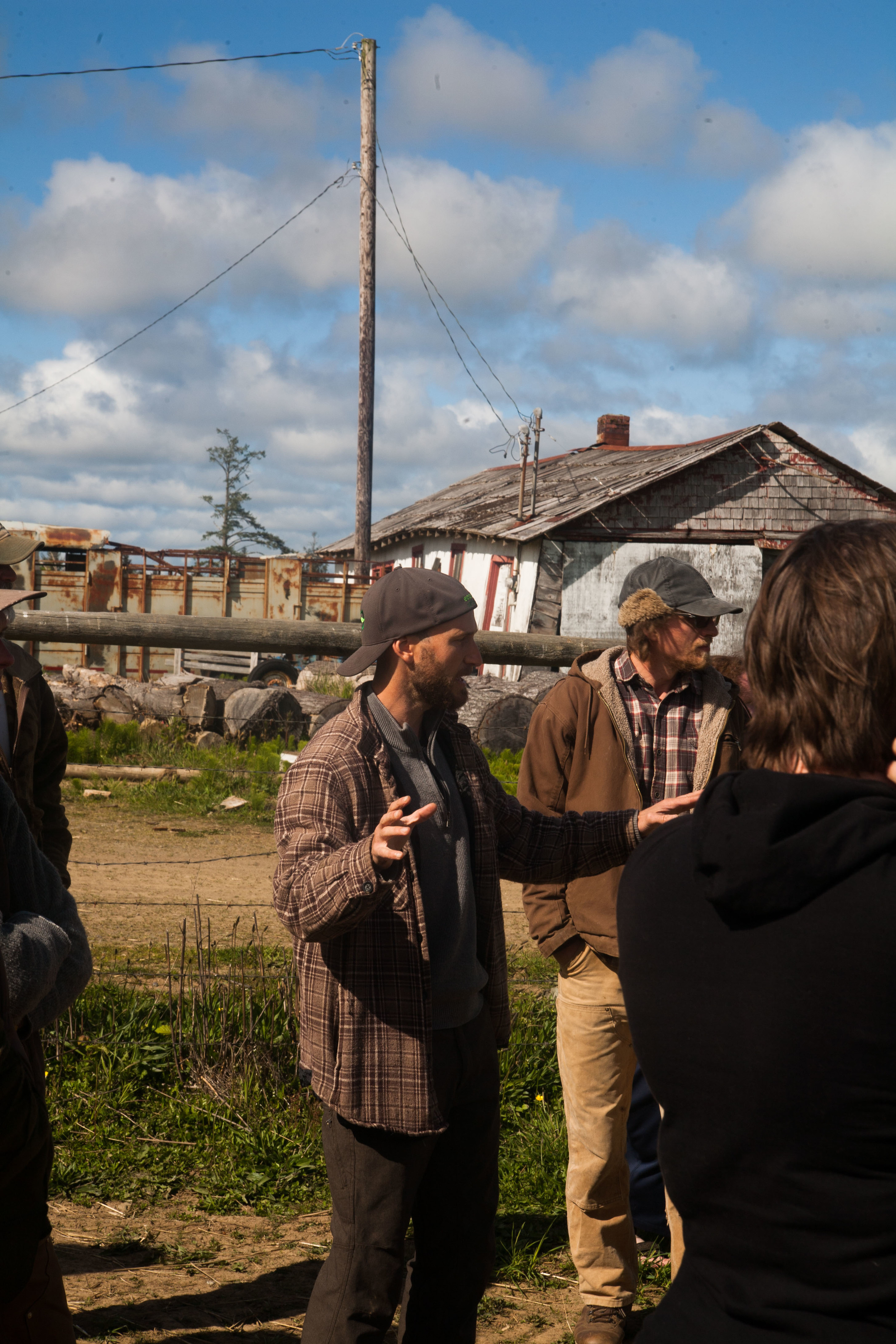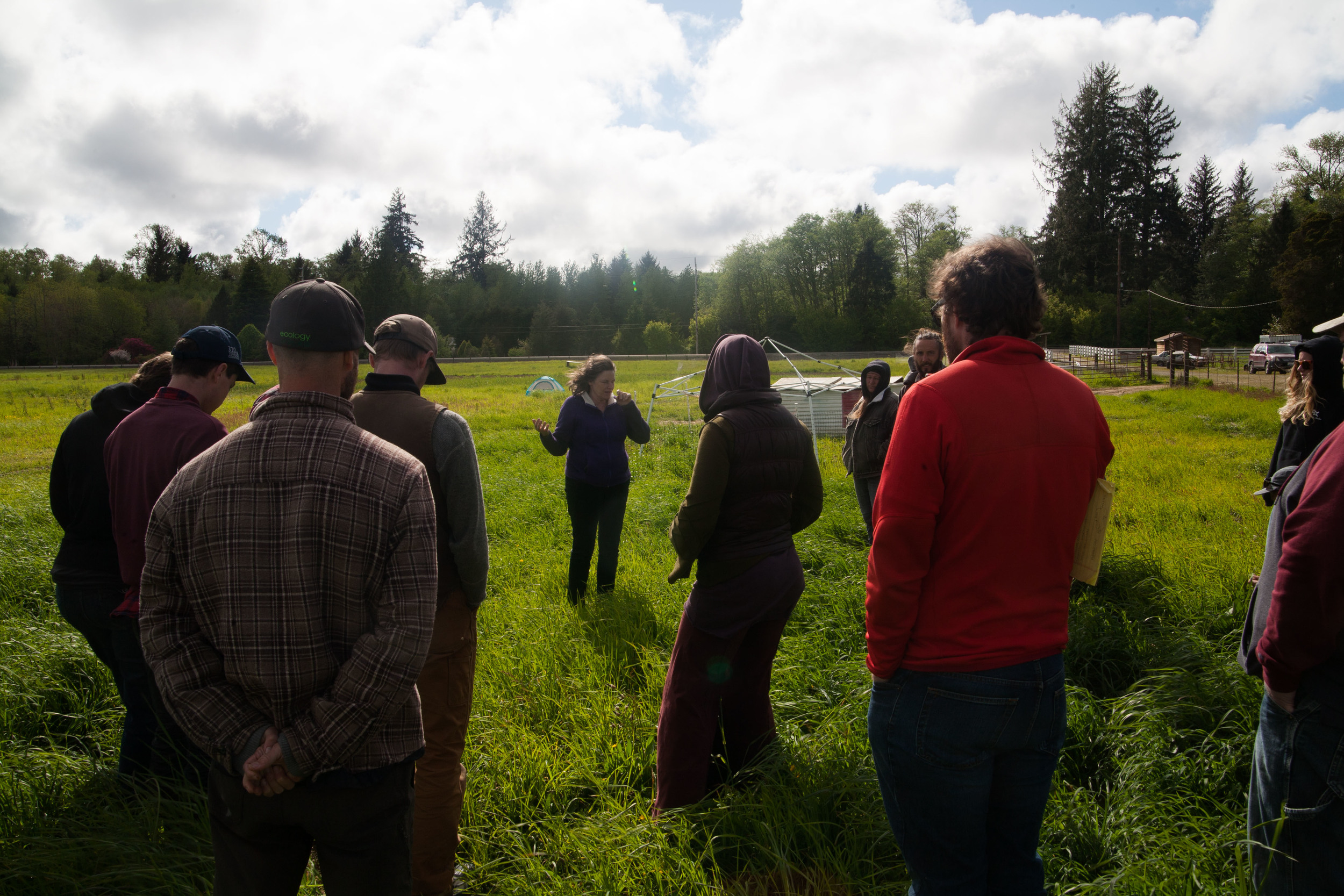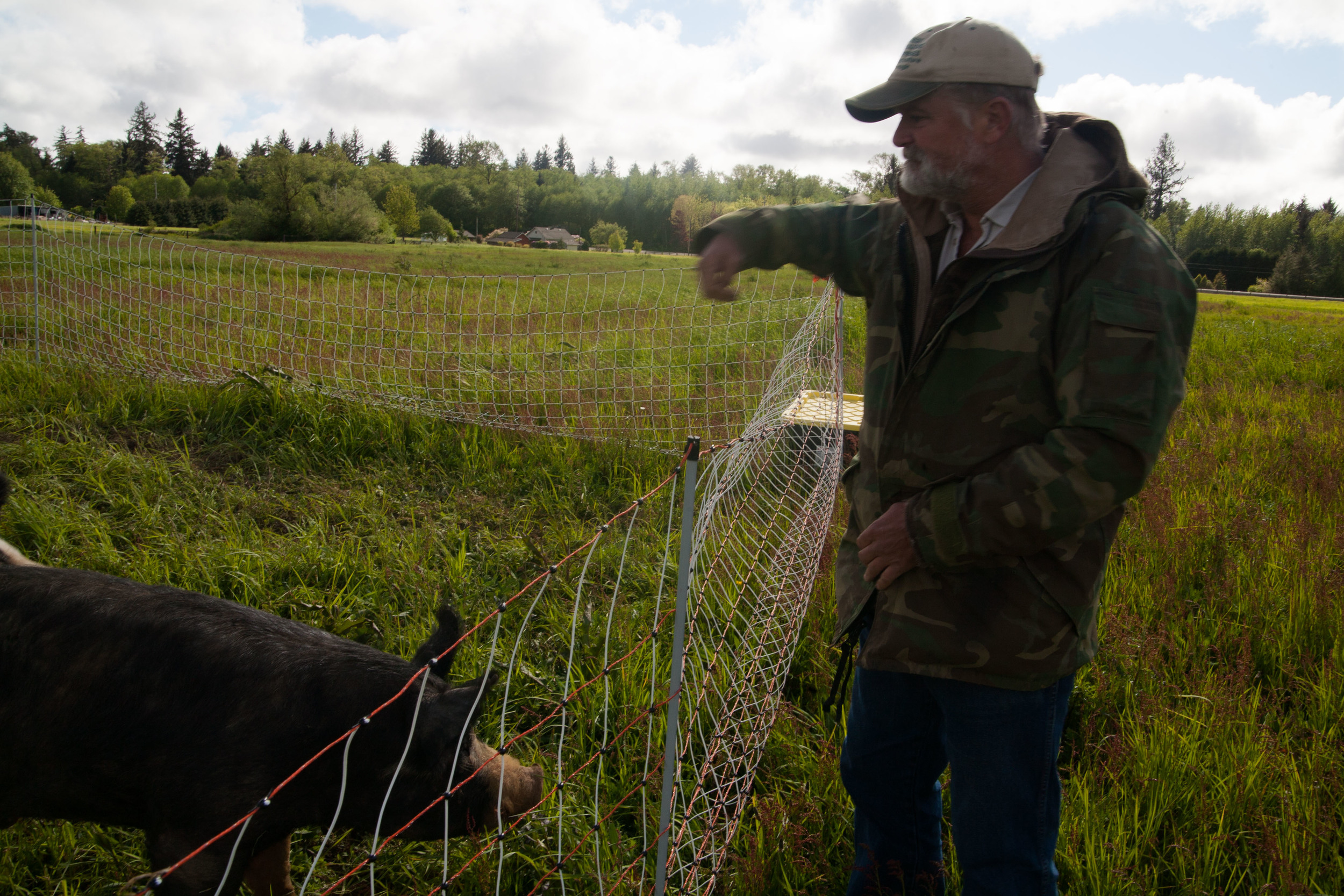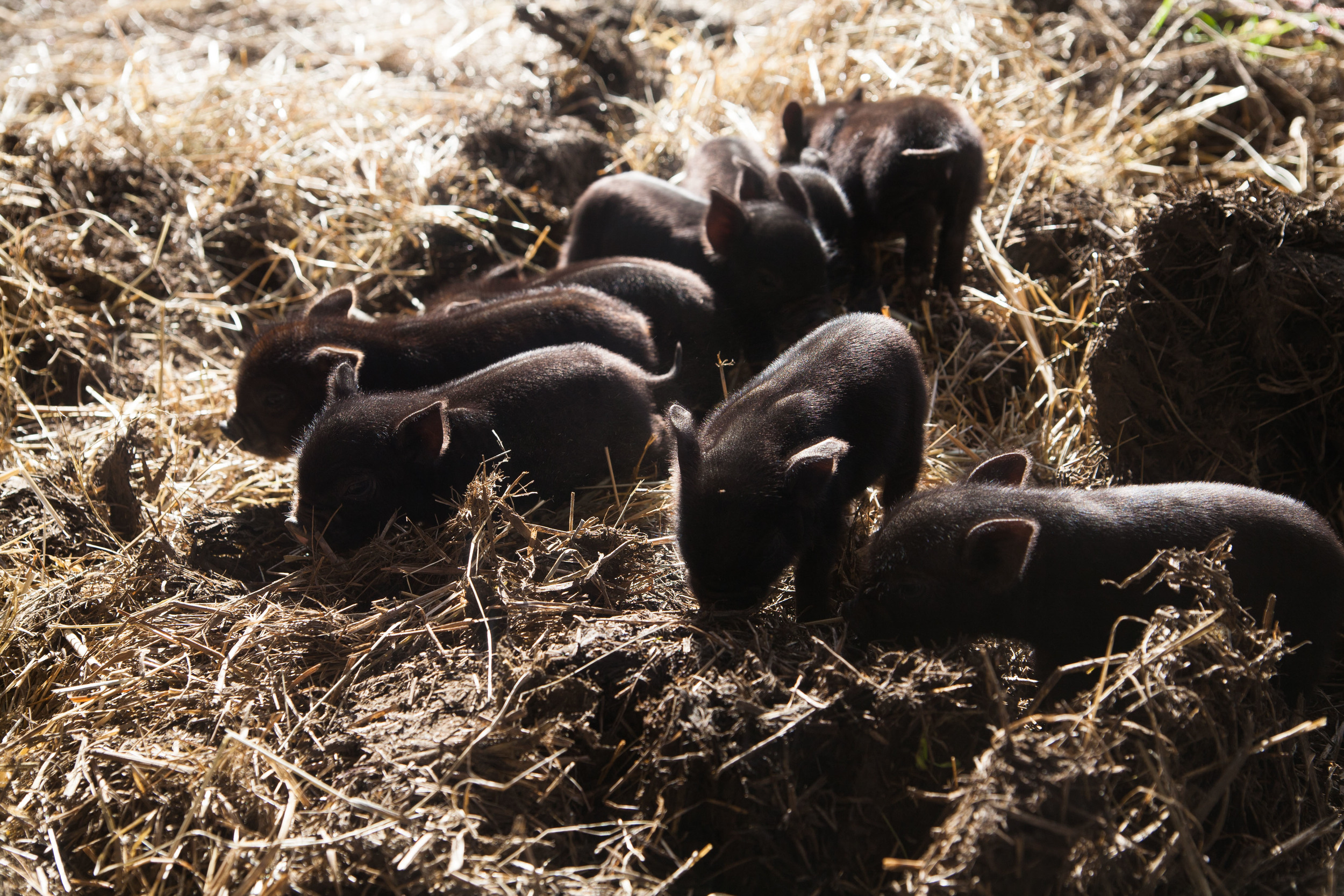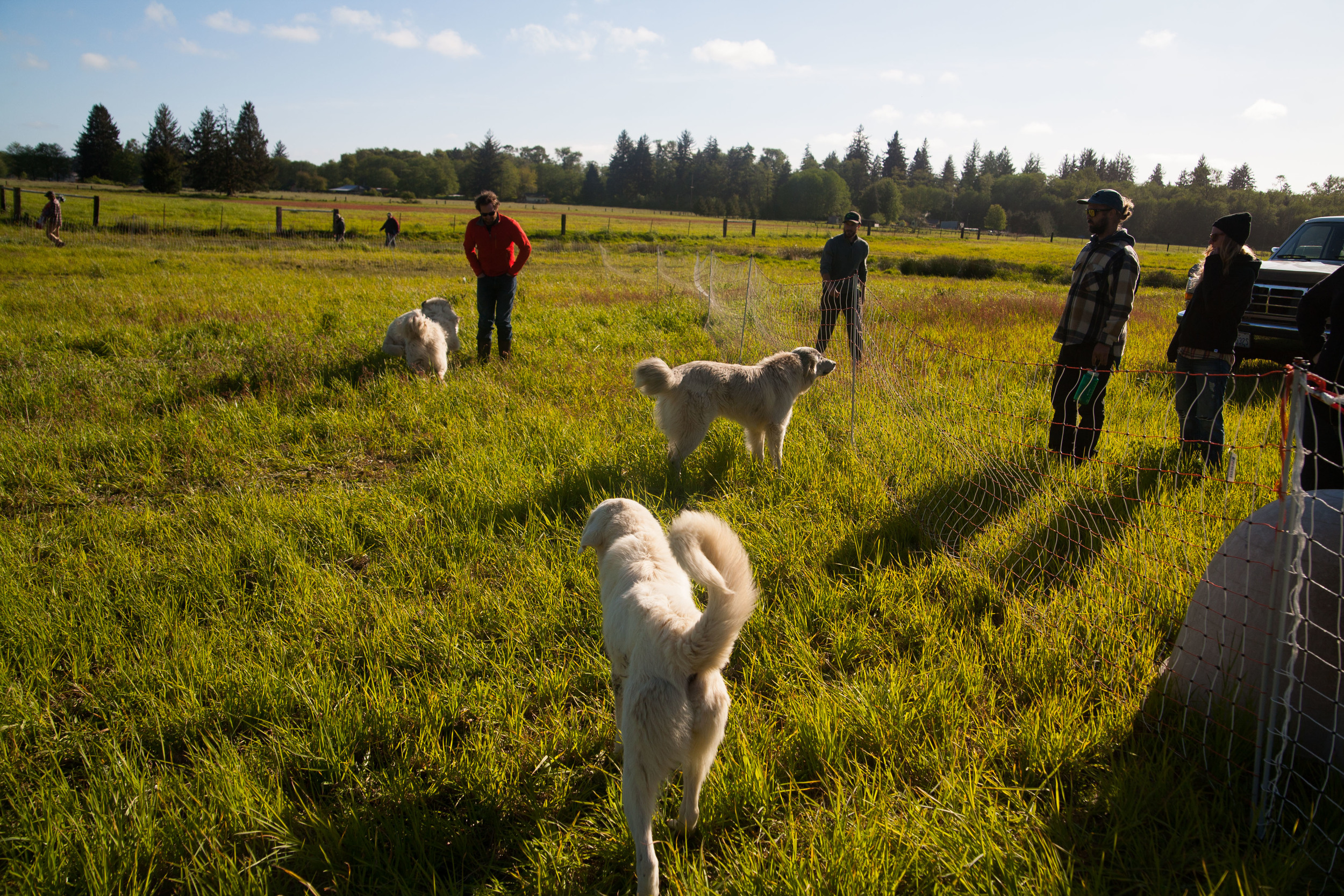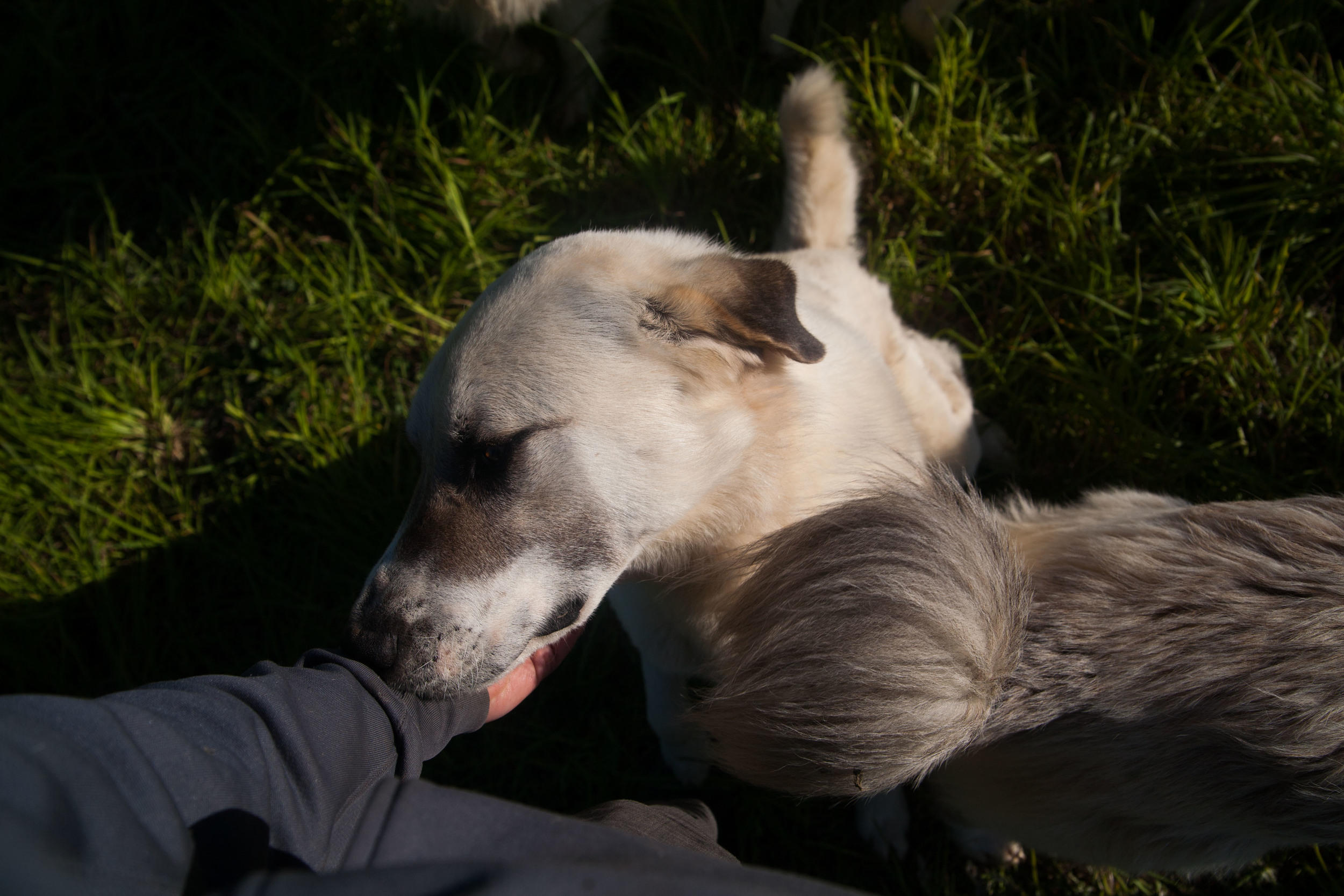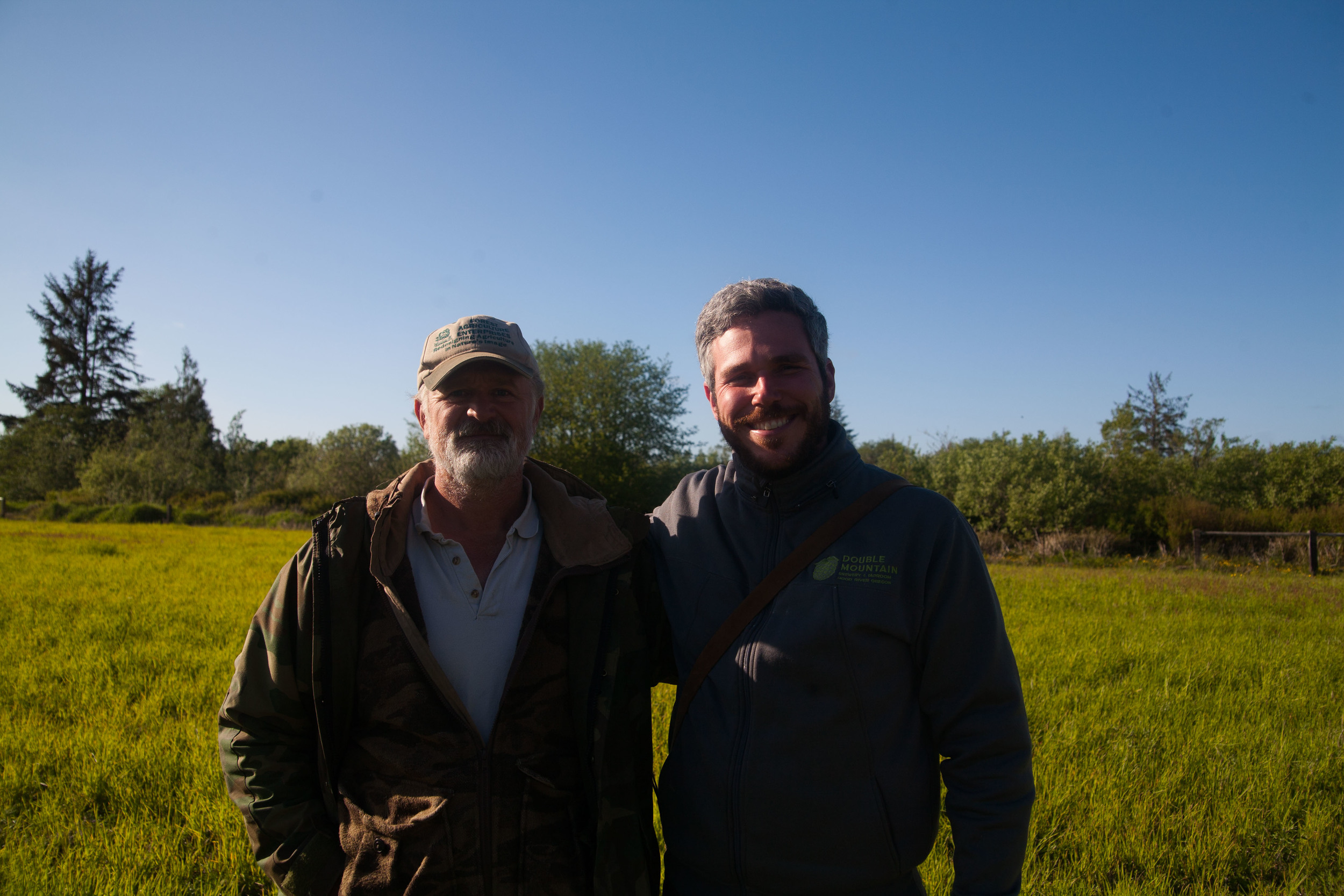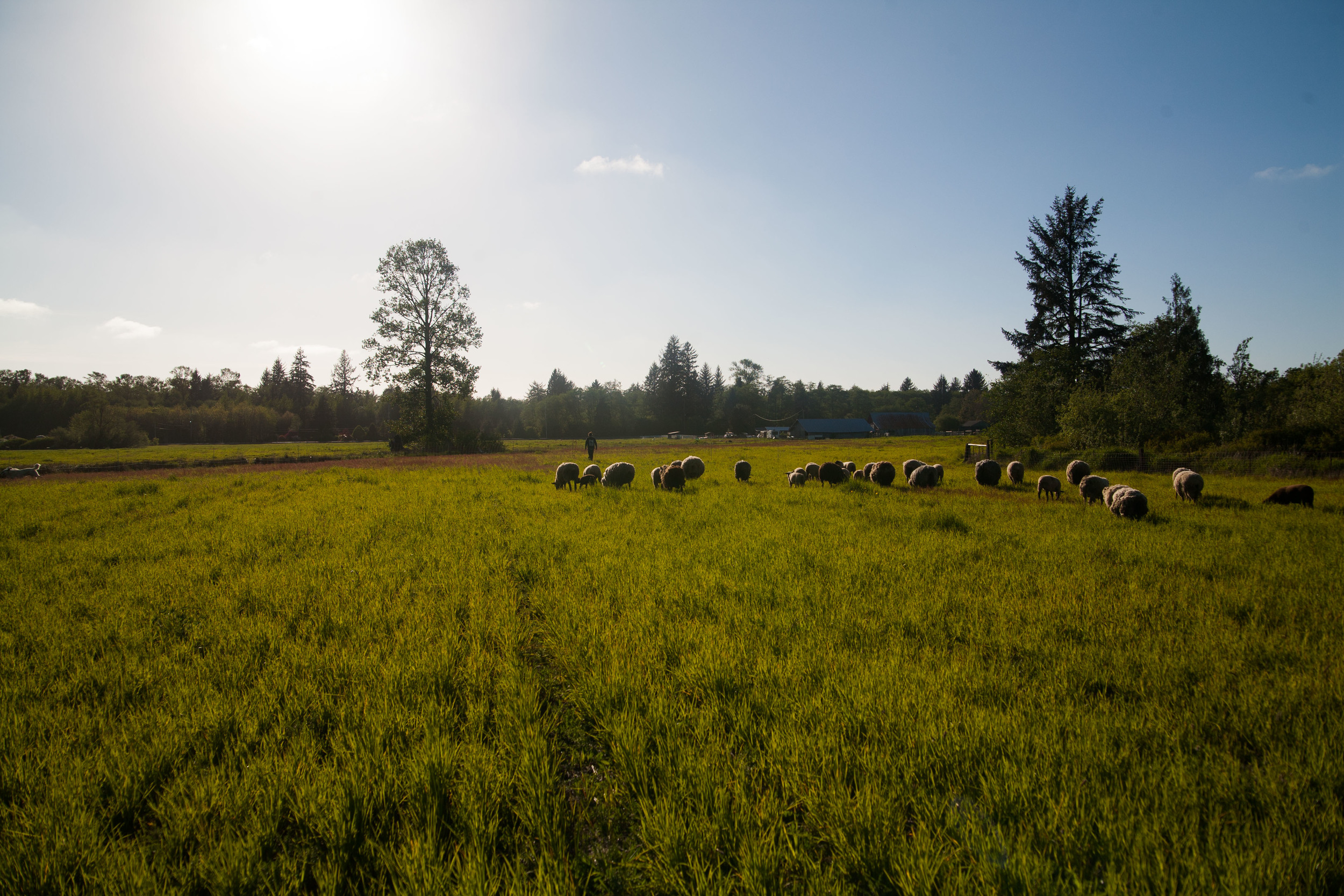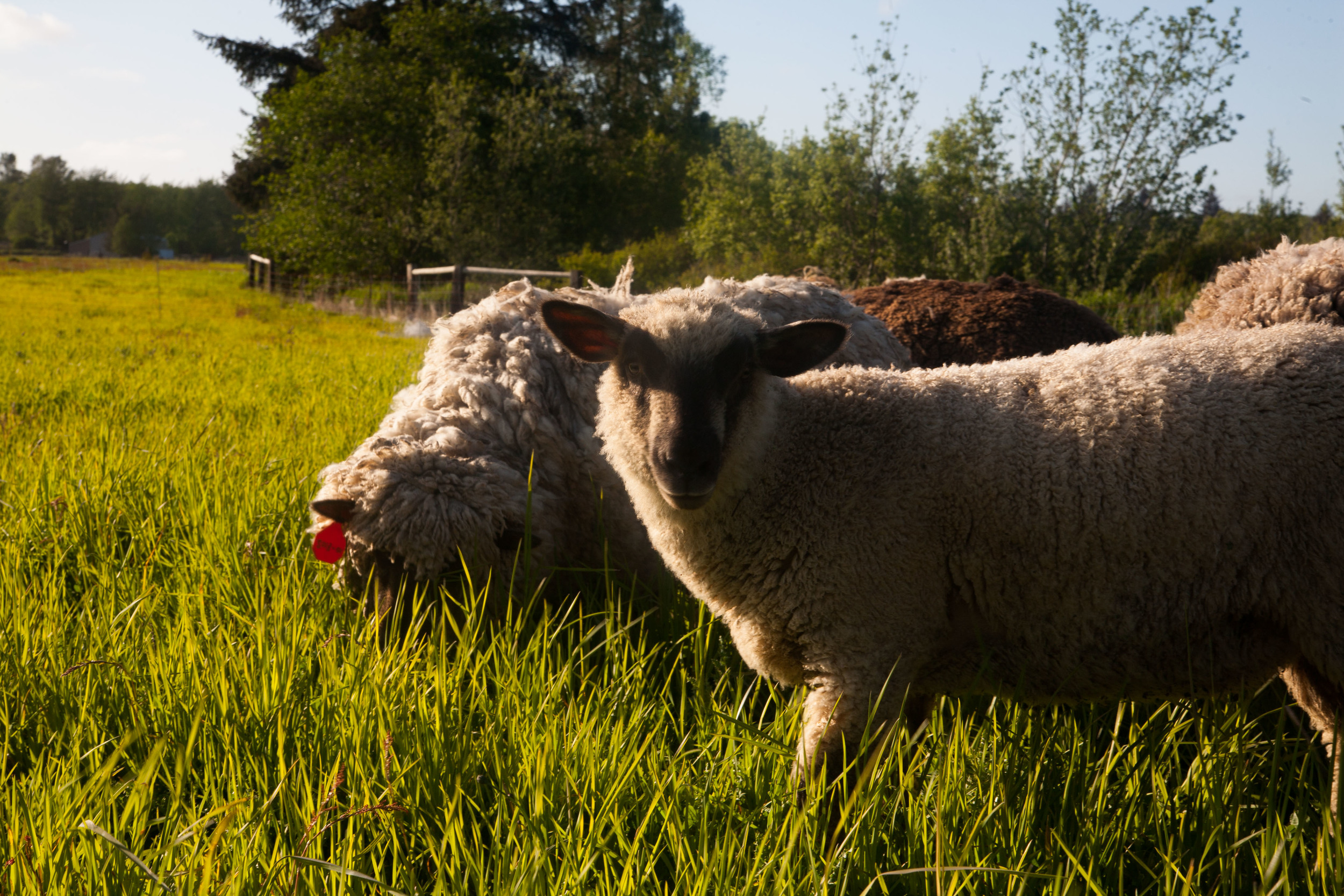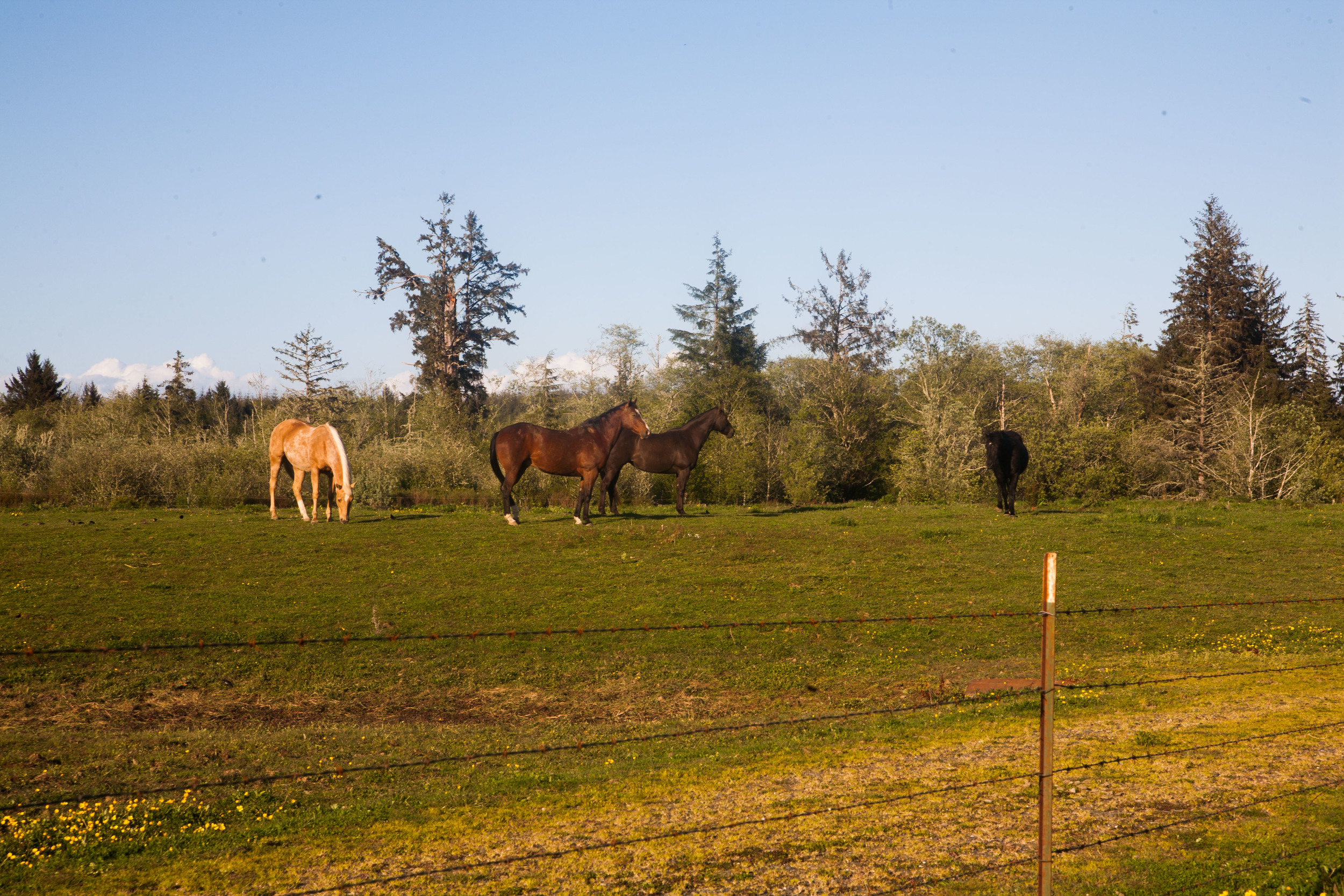On Restoration Agriculture by Mark Shepherd
I had the privilege of attending the Restoration Agriculture workshop led by Mark Shepherd and hosted by Jordan Bebee of The Little Farm by the Sea this past weekend. Jordan is working to establish a system inspired by the Restoration Agriculture approach on his recently purchased 100+ acre property with the help of some other souls willing to march with him bravely into the night.
Sadly, I was only able to be at the first day of the workshop, which included an overview of the Restoration Agriculture philosophy, design modality, some enlightening off-the-record conversation with Mark and an introduction to farm economics 701, also known as that really genius and complex way Mark Shepherd has set up his agricultural enterpris(es). We also had a visit from a regional leader in Holistic Management, which was quite helpful for me personally, as I've only just scratched the surface of that approach to managing complexity.
Since I was only at one day of a 3 day workshop, I'm going to leave an in-depth discussion on it to others. I'll just share a few personal take-aways from my listing to and talking with Mark (these may or may not have been things he actually said):
- Acquiring more land, something Allison and I have been discussing for awhile, is not the dream of kings, but within the grasp of the decidedly average person.
- Making huge profits off on-farm production isn't the goal; paying my expenses is. The difference may seem subtle, but I've become convinced that mindshift is the difference between economic viability and ruin in farming.
- The ability to manage complexity contextually is the true skill set that needs to be developed to do regenerative agriculture. We need to learn to think and act ecosystemically.
- Permaculture is in the midst of a bit of an identity crisis right now, best to focus on doing what I can and teaching what I know among those I actually have the ability to influence and learn from, and stay away from the drama.
Restoration Agriculture: Real World Permaculture for Farmers by Mark Shepherd: A Review
Now for the main event. I'll keep this brief. If you're reading this there is a good chance that you've actually already read Restoration Agriculture and if not, do yourself a favor, and get a copy. If you have it and haven't read it yet, do that now. But if not, and while you're waiting for Amazon to deliver, I'll try and tell why I think this is such a significant book in the world of Permaculture and Regenerative agriculture:
The core contribution of this text is as a framework and resource for large scale transition of the agricultural landscape and food supply in North America (and with less specificity, the world) away from grains as our staple foods. I was more than a little surprised by the scope of this work. It goes way beyond design techniques or echoing Permaculture talking points - though the work is firmly rooted in common permaculture language and approaches (in large part from the source texts that have informed Permaculture itself). Mark lays out the need and approach to move toward perennial polyculture in both plants and animals in order to bring a yield of human food that can meet the projected 50% increase in food supply the UN says we need by 2050 (which is just if we maintain production of not enough food).
The reality is that if substantial change is to take place beyond the back yard (which is a good place to start for many), those already operating on a large scale as well as a bunch of new people, will need to stop planting corn and soy (and other annual crops) as far as the eye can see. For somebody not yet initiated into this way of thinking about agriculture, Shepherd's book is a great place to start. It's full of history and data in support of the thesis that yes, we can in fact move toward actually feeding the world with perennial polyculture systems.
Of all the books on my shelf, this is probably the one I'm going to recommend to my farmer friends that are dipping their toes into considering a transition away from annually based farming, especially the monoculture variety. It will also be one of my first recommendations for those wanting to get into farming on broad acreage in North America. That's not just because Shepherd lays out a clear philosophical case, but because it's rooted in praxis.
Farmers need to believe, for good reason, that a transition has economic teeth. Shepherd has shown, by demonstration, that it's actually possible to farm in a way that is both economically viable and ecologically sound. While books proliferate, the number of people that have been primarily food producers, stewarding land for decades is still relatively small. Since we hope to be those people someday, having models to learn from is important.
That brings me to another core insight in the text, and my time at the workshop. In order to do big things, cooperation between a larger number of like-minded people doing small things will be necessary. The Organic Valley co-op, of which Mark was a very early member, is a substantial success story (not without challenges). They have managed to create distribution channels for over 2,400 producers farming on an average of less than 5 acres. Small-scale production doesn't have to mean insane pricing or expertise in marketing if you have access to things (processing facilities, distribution channels, harvesting equipment, greenhouses, etc) usually only available to the larger-scale producer. That can all be done through coordinated cooperation to create contextually specific solutions.
If there is anything I think the book was missing, it's greater detail on a number of areas that are hit with very broad strokes. But no one book can be everything and the need for general paradigm setting texts is still great in these early days. It's okay anyway, Mark assured me there's more on the way, which will expand on a number of key concepts in the book.

